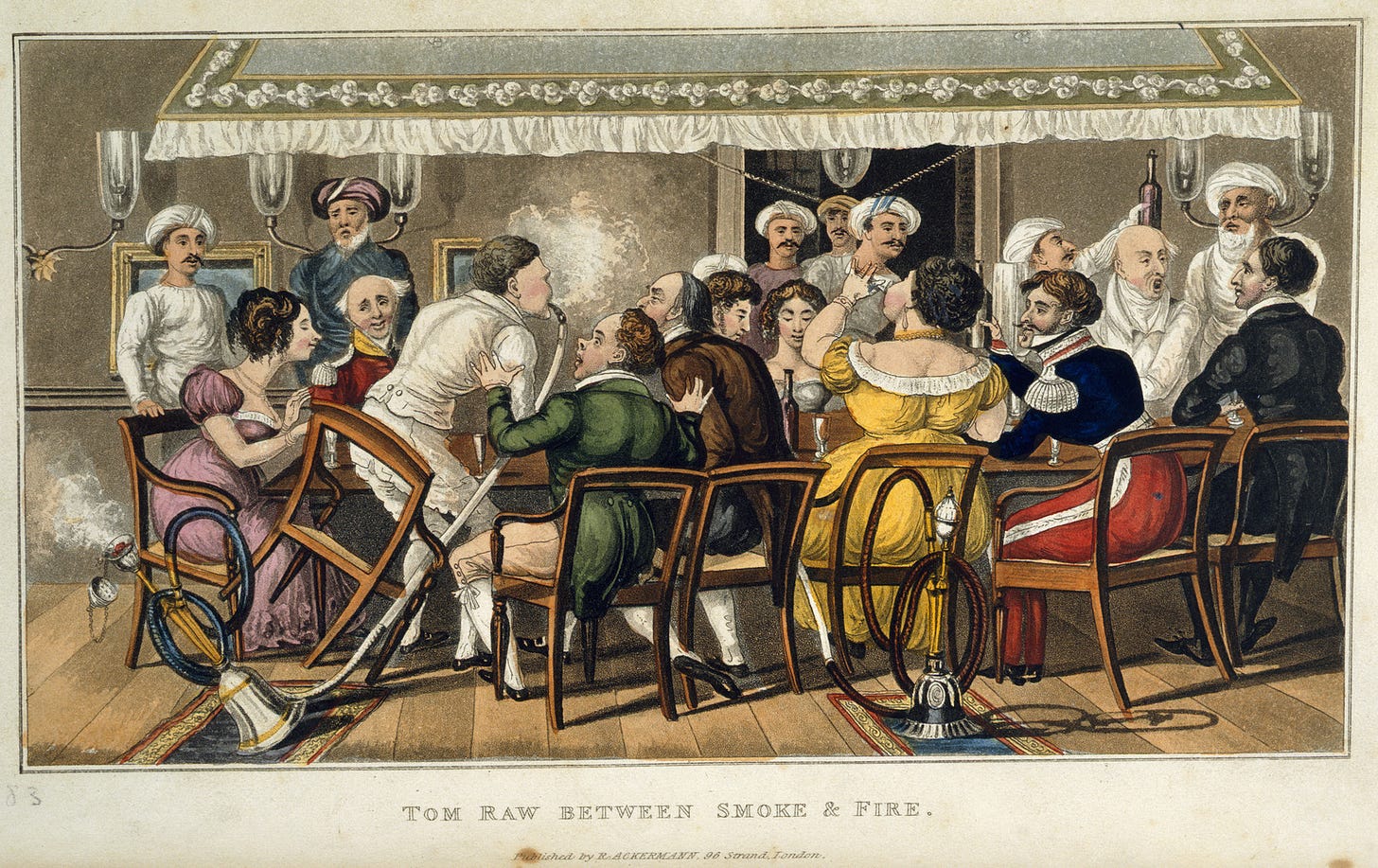IndiaSpend ResearchWire - July 9
Hello,
In this edition, we discuss the myth of the advantages of British colonial rule in India, how street harassment influences women’s choices for education, a series on the now 30-year-old economic reforms, a new podcast that goes beyond the social media noise on key issues, and yet another paper that betrays misconceived perceptions on women in STEM.
If you have missed any of our earlier editions, you can read them here.
Pause before you say thank you
Start with this excellent Amartya Sen essay on what British rule really did for India. Making a sharp distinction between the role of Britain and that of British imperialism, Sen demolishes several popular arguments made in favour of British colonial rule in India.
Countering Marx’s view that Britain—through British rule—became India’s window to the global world, he reminds us that while the intellectual influence was strong, surely there were ways other than colonialism to meet the need for globalisation?
India was no stranger to global trade, travellers, and scholars even before the British set foot on its shores.
“Being subjected to imperial rule is thus not the only way of making connections with, or learning things from, foreign countries.”
Sen is also clear that Britain didn’t create a ‘united’ India before anyone else and that this assertion goes “firmly against the reality of the large domestic empires that had characterised India throughout the millennia”.
While India has indeed learnt much from Britain the democracy, Sen concedes, it is also true that Britain the imperialist power had different rules for its colonies.
A multiparty democracy and free press may have been learnings from Britain’s own experience but “became realisable only when the British left”.
I recommend you read the essay—he is a delightful writer.
I hope you don’t call it ‘eve teasing’
Not only is ‘street harassment’ an annoyance and source of physical danger for women, research by Girija Borker finds that it also has very real impact on their education and future incomes. Forcing women to choose safety over opportunity, street harassment leads women to attend poorer quality colleges, spend more to commute, and eventually earn less than their male counterparts.
Combining survey data on students from the University of Delhi (DU), a mapping of potential travel routes from Google Maps, and crowdsourced mobile application safety data, Borker finds that relative to men, women face a much bigger quality-safety tradeoff when choosing a college to study in.
Women are willing to attend a college that is nine percentage points lower in the quality distribution for a safer route. Men are only willing to attend a college that is two percentage points lower.
This trade-off translates to a 17% decline in their post-college salaries. It also means that relative to men, women are willing to spend an additional Rs 7,500 on annual travel—nearly 70% of the average annual fees at DU.
Borker’s results, while sobering, are most certainly an underestimation—and she agrees. Her study is based on women already enrolled in DU, and “does not speak to the extensive margin, wherein women might choose not to attend college at all because of safety concerns”. You can read the paper here, and a blog here.
Read also this blog by Aditi Roy Bhowmick on women’s wider mobility problem where she argues that “...fixing the monopoly on mobility by men in India, is at the heart of women finally partaking in the returns from economic growth and rapid urbanization”.
Guess who just turned 30
Roshan Kishore is putting together a four-part, data-led series marking the 30th anniversary of India’s economic reforms of 1991. Succinct, clearly written, and with useful numbers and charts, the first three pieces are out. Read part one on broad economy-wide metrics, part two on poverty and inequality, and part three on international trade and investment.
Read also P. Chidambaram—the then commerce minister—for behind-the-scenes stories of how the reforms came to pass.
It’s not all black or white
Are you tired of your social media echo chamber full of hot takes and dismissive eye rolls? Have you ever wished there was a way to hear both sides of an argument from well-informed experts capable of making a nuanced point?
Yes? Then do I have a treat for you!
The good folks at India Development Review have put together the most brilliant podcast series titled “On the Contrary” that brings you views that are not like yours.
Hosted by Arun Maira, every episode picks one issue with two experts for each side of the argument.
They have seven episodes out already and you can tune in and hear more on the farmer protests, employment and poverty, caste discrimination, the role of markets, the conflict between environment and the economy, combating the pandemic, and the purpose of education.
Highly, highly recommended!
This really annoyed me
Finally, in the kind of research that should never have seen light of day, here’s a paper on whether a doctor’s gender affects their ability to do their jobs. I found it on an appropriately angry, evidence-backed Twitter thread by Dr Meena Bewtra on everything that’s wrong with how we treat women in medicine and STEM. Read and weep.
If you’ve enjoyed reading our newsletters, please take a moment to tell people about it. As always, we would love to hear from you about what we can do better. You could reply to this email to tell us, or use this short feedback form.






